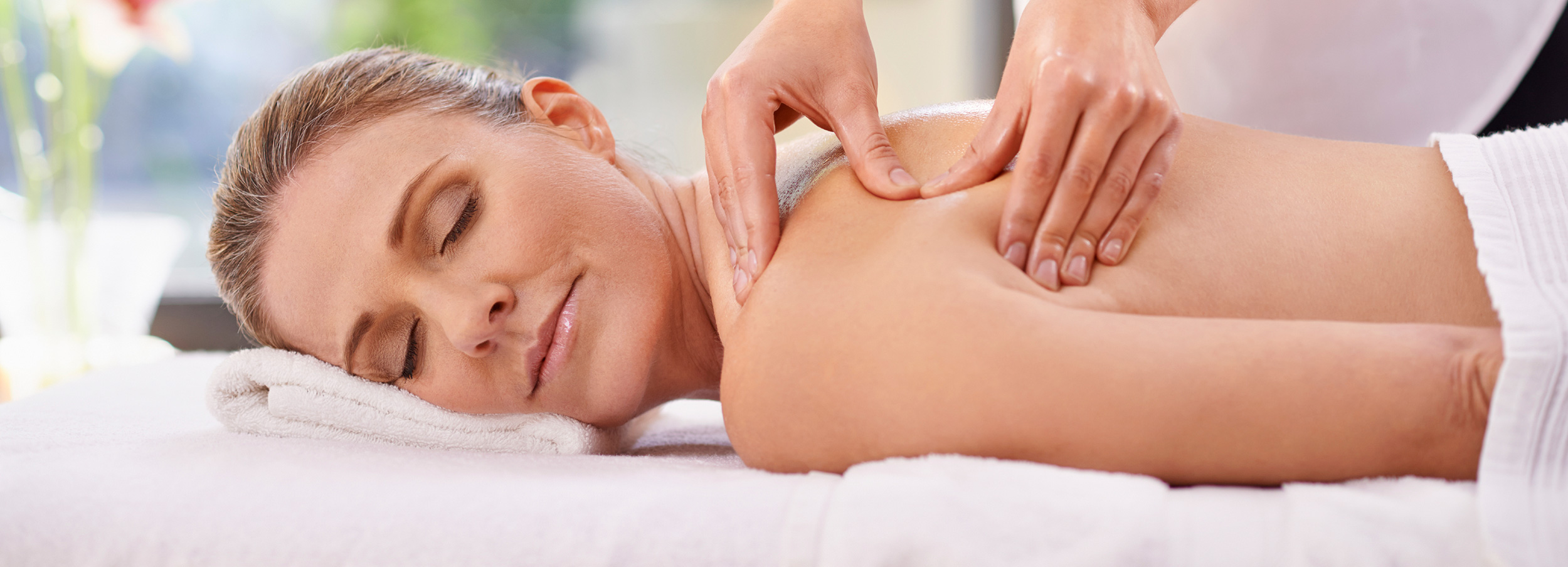

Many ancient cultures, including the Japanese, Chinese, Indians, and Egyptians embraced the belief that life energy flowed through the body, deeply affecting our bodies, minds and emotions. Current research strongly suggests that energy does extend throughout and beyond the physical body, and that disruptions or imbalances in its flow correlate to physical, mental and emotional illnesses. The healing art of Reiki (pronounced "RAY-key") addresses these imbalances to support your good health and well-being.
Reiki is a Japanese word meaning universal life energy. It is a nonintrusive method of hands-on healing that taps into the energy referred to by philosophers and martial artists as ki in Japan, chi in China, and prana in India. The practice of Reiki is based on the teachings of a Japanese man, Mikao Usui, who taught and practiced Reiki in the late nineteenth and early twentieth centuries. Research into the source of Usui's work points to ancient Buddhist sutras and teachings of great Eastern masters, as well as his own meditation practice. Usui put his inspiration to good use - over the next century Reiki spread throughout Japan, and then the world.
Reiki is not massage, hypnosis, or a tool for diagnosing illness. Reiki is a technique that addresses both chronic and acute conditions, gently and powerfully promoting balance among all the body's systems and the normal regenerative processes of the body and mind.
Come to a Reiki session in loose, comfortable clothing. You will normally lie on a table fully clothed, but the technique is so adaptable that you can receive it in almost any setting, including a chair or hospital bed, through casts and bandages, and in any state of health.
Little or no pressure will be applied and no oils will be used. Still and focused, we will simply place our hands on or above your head, shoulders, back, chest, stomach, and limbs. We routinely follow a series of hand positions, but can place our hands anywhere you would like them to, for example over an injury or other area of discomfort. The teachings say that the energy will flow through the practitioner, but not from the practitioner, to you. You will receive the amount of energy you need to bring your mind and body into balance.
If you observed a Reiki session, it might not be apparent that anything was occurring. But when you experience Reiki, you will know otherwise. While the effects vary from individual to individual, most people experience deep relaxation. You may perceive a tingling or pulsing sensation, a feeling of warmth and comfort, or you may even fall asleep.
Results are sometimes subtle. Some recipients say they feel little during the session, but afterwards enjoy a sense of calm and well-being, and a deep, restful sleep. It is possible you'll experience powerful sensations or emotions during or after a session. We want to hear about all your responses to the degree you are comfortable sharing them.
Used by a rapidly growing number of hospitals all over the world, Reiki complements medical treatment, natural therapies, and massage therapy. Reiki increases a caregiver's ability to provide patient support and is easily practiced in all hospital environments from outpatient clinic to intensive care.
Reiki is being successfully integrated into numerous clinical settings to complement medical care and psychological counseling. It is gentle enough to offer support and reduce the discomforts of pregnant women and can help ease the pain of childbirth. Hospitals such as the Tucson Medical Center, St. Luke's Hospital in San Francisco, and St. Mary Medical Center in Langhorne, Pennsylvania have teams of Reiki practitioners available to a range of patients, including those with cancer or recovering from surgery. Reiki is especially appreciated in hospice care where its ability to alleviate pain and anxiety for both patient and family members is so greatly needed.
Medical research has focused upon verifying Reiki's effects rather than explaining how it works. The results are impressive. One study showed a "highly significant reduction in pain," including cancer pain, following Reiki treatment. Another study cited improvement in immune and nervous system functioning and increased mobility in patients with conditions such as multiple sclerosis, lupus, and fibromyalgia. At Columbia/HCA Portsmouth Regional Hospital in Portsmouth, New Hampshire, surgical patients decreased their use of pain medications, stayed for shorter periods, and reported increased satisfaction with pre- and postsurgical Reiki sessions.
Reiki alleviates pain and stress, and promotes restful sleep, healing and relaxation. Relaxation in itself promotes a host of benefits for the mind and body including a heightened sense of well-being, release of muscle tension, and relief from anxiety and depression. In addition, relaxation has been shown to help restore immune function and improve circulation, enhancing healing throughout your body.
Reiki is not only healthful, but pleasurable. One of its greatest benefits may be the opportunity to let go and enjoy the experience of being nurtured and cared for.
We will be glad to answer any questions about our background, training and experience. Always let us know what health concerns you have and if you are uncomfortable in any way during a session. Ask questions at any time, including in the days following a session.
The gentle art of Reiki draws on universal life energy to benefit persons of any age and in any state of health. It offers comfort, nurture, and support for the good health and balance of your mind, body, and emotions.
Copyright © 2004 - 2016 · All Rights Reserved · Sojourn Therapeutic Massage